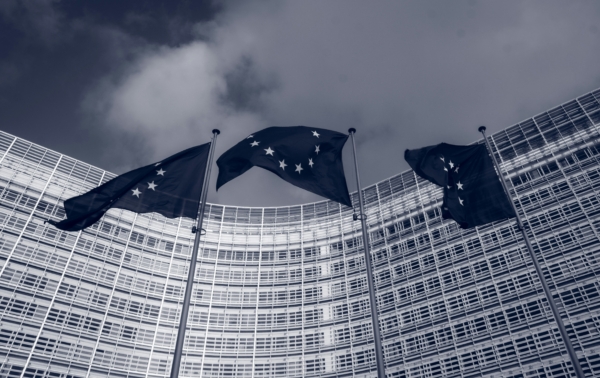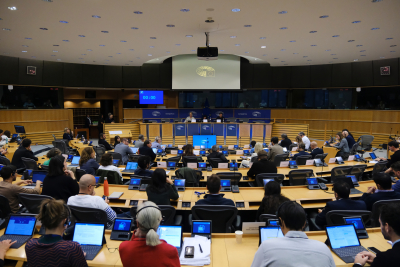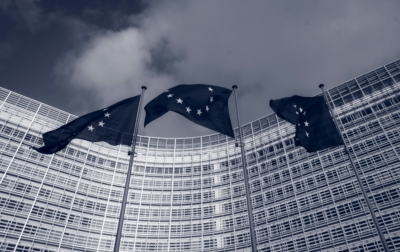According to TechJury, an average person in 2020 spends 2 hours and 24 minutes per day on social media. That’s around 72 hours per month. We take in content from our loved ones, from influencers, from companies wanting to sell us new products, but perhaps most worryingly, from political actors.
The European Elections Monitoring Centre states that of the 12,556 political adverts placed during the 2019 EU elections campaign, a huge majority were on social media (11,083). We are clearly in the age of digital first, however current legislation lags woefully behind this reality.
Traditionally, political advertising in EU Member States have been, to varying degrees, regulated in print and broadcast media, with most countries imposing certain rules such as spending limits, pre-poll blackouts, equal air time or strict controls on the sources of funding. These measures are in place to guarantee free, fair and clean elections. They are also paramount for preventing undue influence by private or hostile players seeking to manipulate election outcomes.
Manipulation and online interference are something we are seeing more and more. We have all heard of the Cambridge Analytica scandal, but this is happening everywhere. In a 2017 report, researchers from the London School of Economics Institute for Strategic Dialogue detailed foreign attempts to influence the 2017 German elections. The report outlines Russian meddling that aimed to promote extremist views though fake social media accounts, bots, and spending to boost posts.
There is an urgent need to bring fundamental transparency and accountability to online political advertising. However, this is much more complex to enforce rules in the digital space. A measure that would provide a bare minimum of transparency, is enforcing rules to ensure the clear identification of political adverts and who has paid for them. As a second step, information on how many adverts and how much money certain players have spent overall should be stored in a public political ads library, allowing citizens, journalists, civil society and national enforcement agencies the ability to scrutinise the data and to ensure that electoral rules are enforced. The EU pushed major platforms to adopt a voluntary Code in 2018, which required platforms to implement political ads libraries. According to the Commission’s own assessment this first experiment in transparency has failed
Given the transnational nature of online platforms, it is vital that these rules are adopted at EU-level. This would not only ensure compliance across the single market, but also prevent fragmentation among member states, which would help national electoral commissions across the EU ensure a level playing field.
In the absence of legislation, as is currently the case, it is vital that investigative journalists, citizens and civil society are able to speak out about online election interference and online political advertising without repercussions. There has been a worrying trend of journalists reporting on these (and other) scandals being hit with SLAPP lawsuits.
Transparency International, has recently submitted responses to the European Commission’s Digital Services Act and Democracy Action Plan public consultations outlining our concerns over the lack of regulation in this field and proposals to lessen the risk of undue influence on our elections through social media. It is high time that legislation caught up with technological advancements to safeguard our democracy and to restore citizen’s trust in electoral outcomes across the Union.







